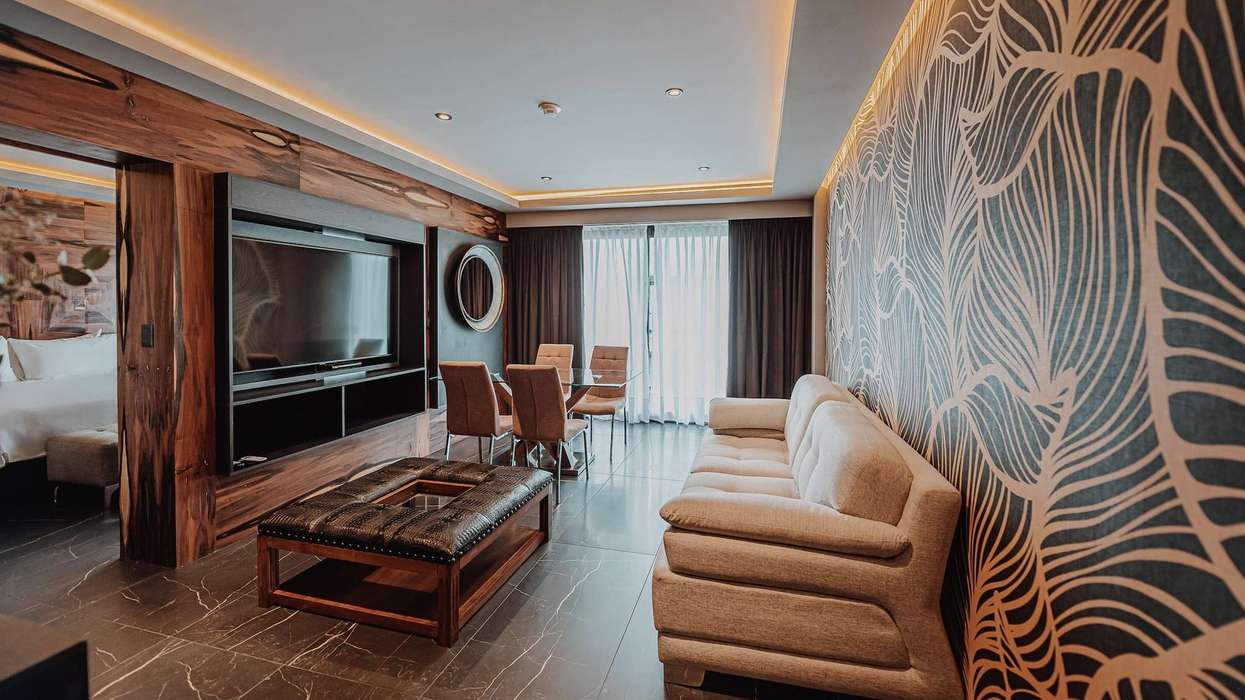DESPITE SOME REVISIONS, the American Hotel & Lodging Association, AAHOA and the NYC Minority Hotel Association remain opposed to New York City’s hotel licensing bill, citing concerns about significant economic harm to small, family-owned, immigrant and minority-owned businesses. However, the Hotel Association of New York City dropped its opposition after securing changes to the bill, which requires operators to obtain a license.
New York City Councilwoman Julie Menin’s original bill faced strong backlash from operators, who argued that the measure, presented as a way to address unsafe and unsanitary conditions, was actually intended to favor unionized hotels. A hearing on the bill is set for Oct. 9, with a positive deal paving the way for its passage.
"We are thrilled to announce major progress on an agreement for the Safe Hotels Act! We will be hearing the bill on Oct. 9 and look forward to a productive hearing," Menin wrote on X.
In July, Menin promoted her bill as a measure to crack down on crime in hotels.
“We listened to stakeholders, prioritized their feedback, and now look forward to a hearing on this vital legislation that protects hotel guests, workers, and the broader community,” said Menin after presenting the revised bill on Oct. 1.
However, Kevin Carey, AHLA’s interim president and CEO, said the new version of the legislation still contains language that will cause significant economic harm, primarily to small, family-owned hotels and the largely immigrant- and minority-owned businesses that support them.
“There is no question that this bill, if passed, will cause many of New York City’s small businesses to close and thousands of hard-working New Yorkers to lose their jobs,” he said. “We cannot accept any legislation that causes such disparate impacts across the industry.”
The latest version of the measure adjusts staffing requirements, excludes real estate investment trusts, and provides more clarity on the licensing process, according to a report published in POLITICO Pro. Subcontracting restrictions remain mostly intact, but technical roles like engineers are exempt and existing agreements with subcontractors are grandfathered for the duration of their contracts.
Miraj Patel, AAHOA’s chairman, said the association has reviewed and opposes the union’s revised version of Int. 991, crafted behind closed doors.
“As advocates for minority hotel owners and operators, we support efforts to enhance guest and worker safety, including human trafficking training,” he said. “However, this bill continues to ignore legitimate concerns of our minority-owned small business members, including limitations on subcontracted workers and many other operational burdens. We urge the City Council to continue working with the industry to find a balanced solution that protects both workers and businesses.”
“The updated version of Int. 991, if anything, specifically targets immigrant- and minority-owned businesses that support the thousands of hotels New York City’s tourism economy needs to survive,” said Mukesh Patel, a New York City hotelier and founding member of the NYC Minority Hotel Association. “The new bill does nothing to protect our small businesses and their families, and will have disastrous impacts on our livelihoods. We cannot support this bill in its current form and look forward to voicing our opposition directly to Councilwoman Menin.”
Meanwhile, HANYC dropped its opposition to the union-backed city council bill after securing changes it sought. The Hotel Trade Union, representing city hotel workers, supports the legislation, which would ban most subcontracted services, requiring direct employment of many workers.
Changes negotiated between the council, the Hotel and Gaming Trades Council and the hotel association aimed to address industry concerns that the bill would financially burden operators, according to Real Deal. The association’s president, Vijay Dandapani, previously called the bill a “nuclear bomb,” and some owners reportedly raised $20 million to lobby against the plan, according to the New York Post.
The latest version clarifies that the Department of Consumer Affairs Commissioner cannot rescind a license for a temporary service disruption, such as a leak. Menin, a former Department of Consumer Affairs Commissioner and regulatory attorney, said hotel stakeholders were concerned minor disruptions could lead to losing their licenses. She emphasized the bill’s focus on increasing hotel safety through measures like panic buttons and other safety requirements.
Other modifications included narrowing the subcontracting ban to exclude engineers and other technical workers.
AHLA further stated that it continues to advocate for a straightforward licensing bill that meets the safety measures proponents claim to be their primary goal.
With just over a month until the presidential election, hotel industry associations are in Washington, D.C., advocating for legislation to benefit their members. More than 400 AAHOA and AHLA members met with Congress to discuss workforce expansion, tax relief and OTA fee transparency.






